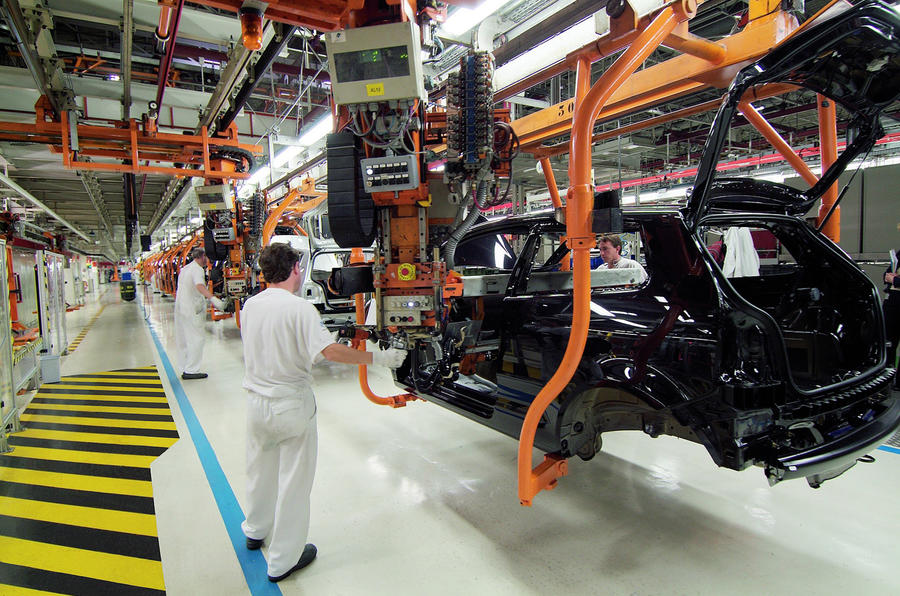 A global shortage of semiconductor computer chips continues to disrupt the automotive supply chain, with Toyota and Volkswagen among the latest crop of manufacturers forced to restrict production.
A global shortage of semiconductor computer chips continues to disrupt the automotive supply chain, with Toyota and Volkswagen among the latest crop of manufacturers forced to restrict production.
Semiconductors – a crucial component for modern infotainment systems, driver aids and various electrical components – are in particularly high demand because of a pandemic-driven surge in demand for consumer electronic devices, including games consoles, laptops and tablets.
Toyota’s Chinese production lines were hit earlier in the week, while Audi and Volkswagen are reported to have reduced the working hours of nearly 19,000 German workers in light of the shortage.
A Volkswagen spokesman told Automotive Daily’s exclusive partner Autocar: “So far, we haven’t quantified the full volume impact as we continue to work intensively with our suppliers to minimise shortages. However, we expect the ramifications to continue at least in the first quarter, with potential to recover any lost volume later in the year.
“Another issue we’re dealing with is the second wave of the Covid-19 pandemic and how it’s affecting not just our manufacturing operations but also the crucially important supply chain. Where employees or supplier staff are shielding or ill, that is of course resulting in pressure on productivity and supply – although of course our main focus is on protecting our own and our suppliers’ staff.
Meanwhile, in the US, Ford’s plant in Louisville, Kentucky, was idled earlier this week as the manufacturer was forced to pause production of its Escape and Lincoln Corsair models. Fiat Chrysler Automobiles took similar measures at its factories in Mexico and Brampton, Canada.
The problem is being exacerbated by the fact that global car sales are recovering from a dramatic dip as a result of the pandemic in 2020, when semiconductor manufacturers – themselves forced to largely close for several weeks at the same time – ramped up supply to other industries as global lockdowns were eased.
According to Bloomberg, consumer electronics producers are higher-value customers for semiconductor manufacturers as they place higher orders than car manufacturers. The site estimates that a billion smartphones alone are produced each year, compared with fewer than 10 million cars.
Felix Page




 A global shortage of semiconductor computer chips continues to disrupt the automotive supply chain, with Toyota and Volkswagen among the latest crop of manufacturers forced to restrict production.
A global shortage of semiconductor computer chips continues to disrupt the automotive supply chain, with Toyota and Volkswagen among the latest crop of manufacturers forced to restrict production.